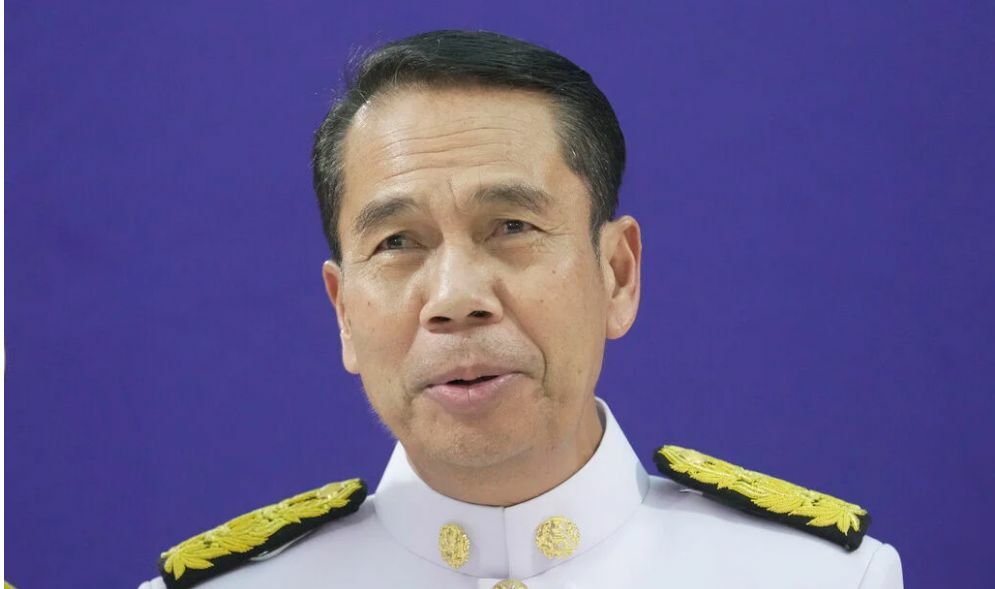Militay Defence reforms raise concerns among military brass

Proposed reforms to the administrative laws governing the Defence Ministry and amendments to the Military Court charter have raised concerns among senior military officials, as they apprehend potential political meddling in military matters, disclosed a trustworthy military insider.
The proposed amendments, acknowledged at a Defence Ministry meeting last week, include new criteria for promoting generals and the power for the prime minister to suspend high-ranking officers suspected of orchestrating a military coup.
The proposal also includes the addition of two members to the currently three-member council. However, the military source indicated that the armed forces remain uninformed about the specifics of the proposal, which was advocated for adoption by Defence Minister Sutin Klungsang at the council meeting on April 19, said a source.
“A working group has been established by Mr Sutin to draft amendments to the two laws, chaired by Gen Somsak Rungsita. However, no details of the proposal were divulged at the meeting.”
The military source also suggested that the two additional council members would likely be government representatives. Uncertainty shrouds the potential impact of the proposed changes on the composition of the Seven-Tiger Board, responsible for overseeing high-level military reshuffles.
The board traditionally consists of seven members: the defence permanent secretary, the chief of defence forces, the commanders-in-chief of the army, air force and navy, the defence minister, and a deputy defence minister, if one is in place. The board’s composition decreases to six members if a deputy defence minister is not appointed by the government, added the source.
“At this stage, it’s uncertain whether the board will maintain its current composition.”
The introduction of more government representatives to the board could diminish the bargaining power of the military leaders over military reshuffles.
Under the existing system, armed forces leaders, with a majority of five votes, have significant influence over crucial promotions, including the commander-in-chief positions, reported Bangkok Post.
Latest Thailand News
Follow The Thaiger on Google News:


























